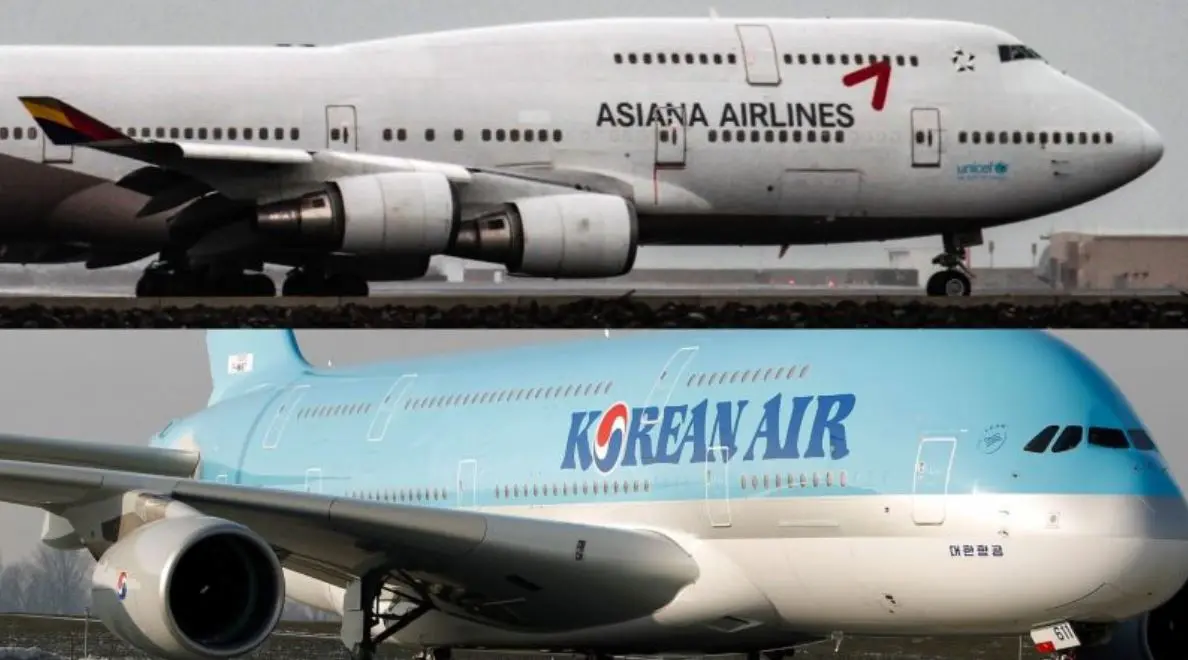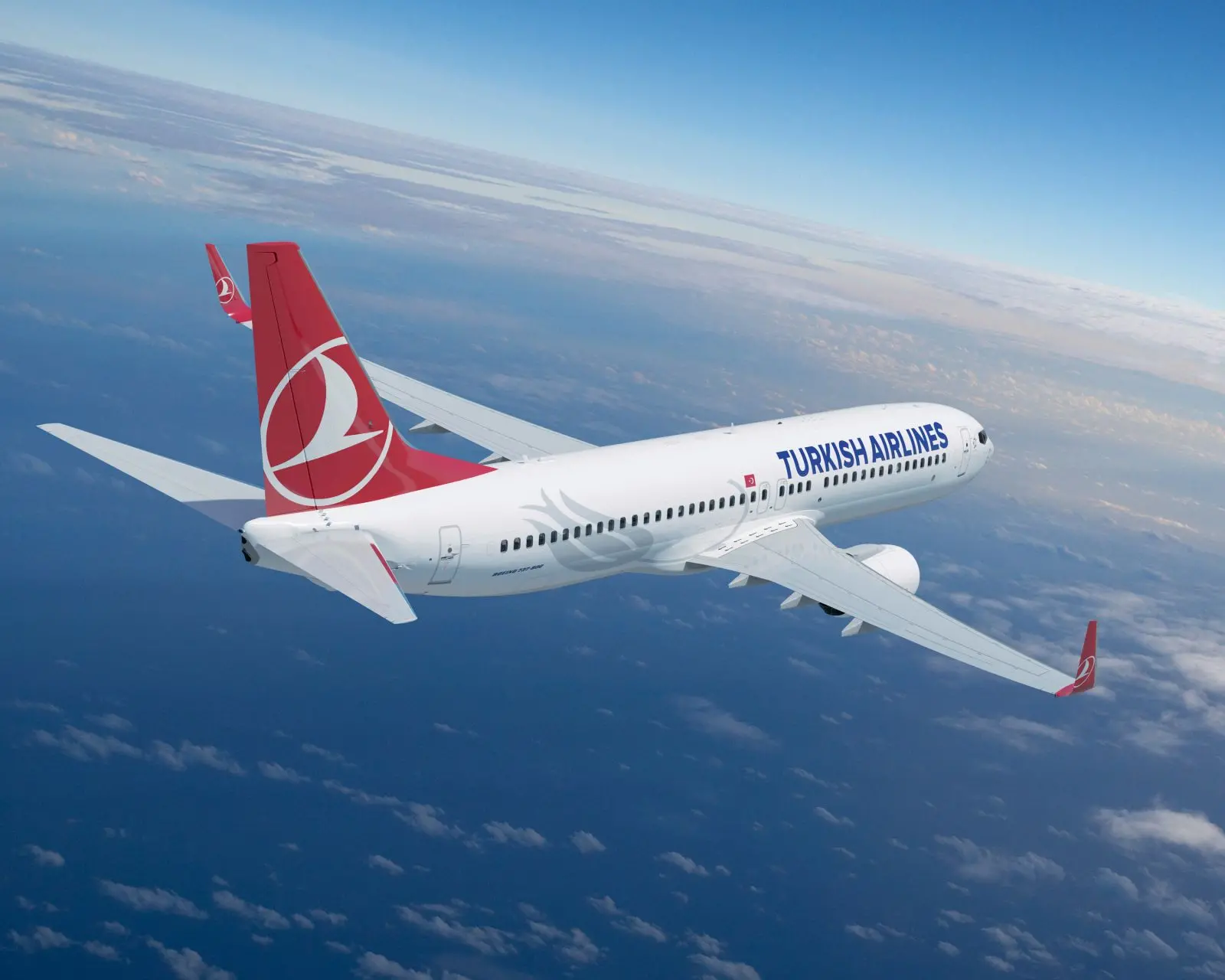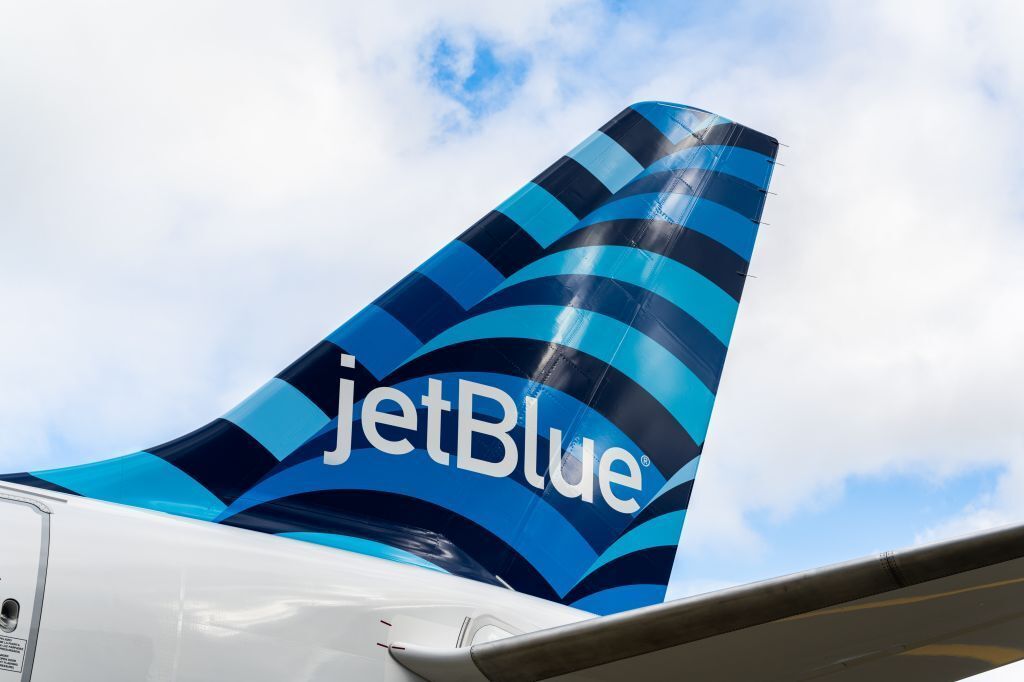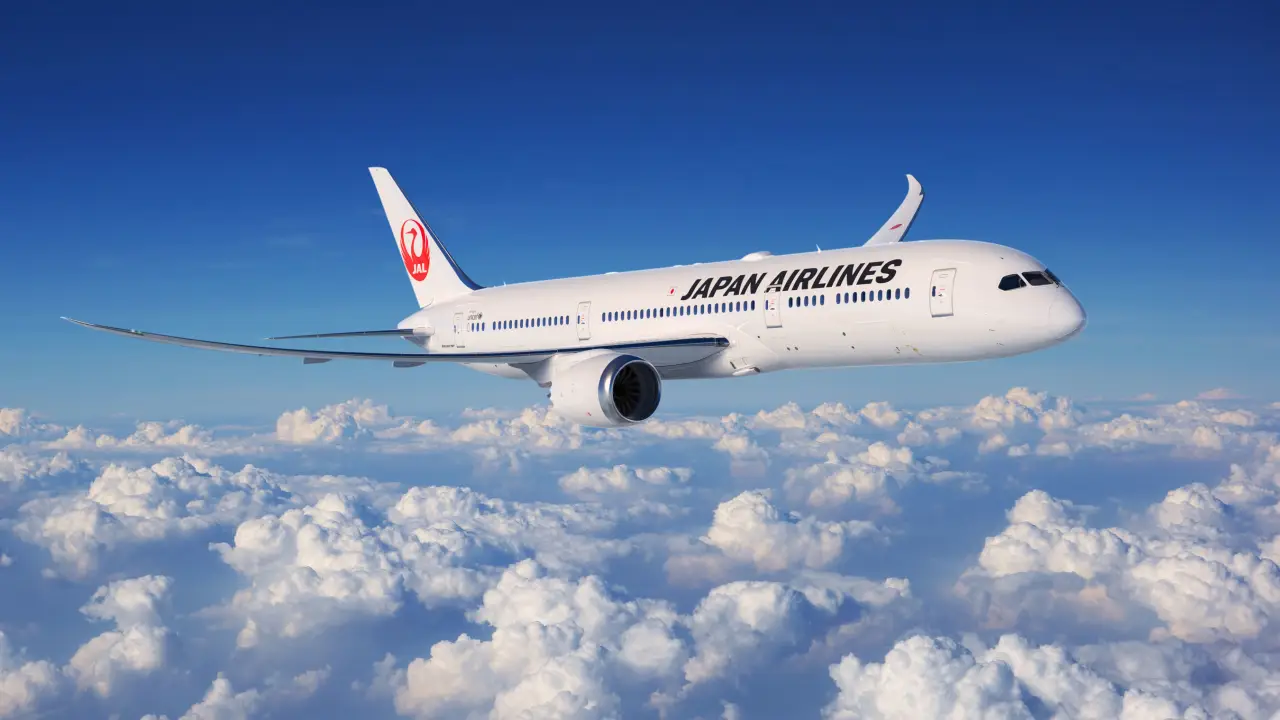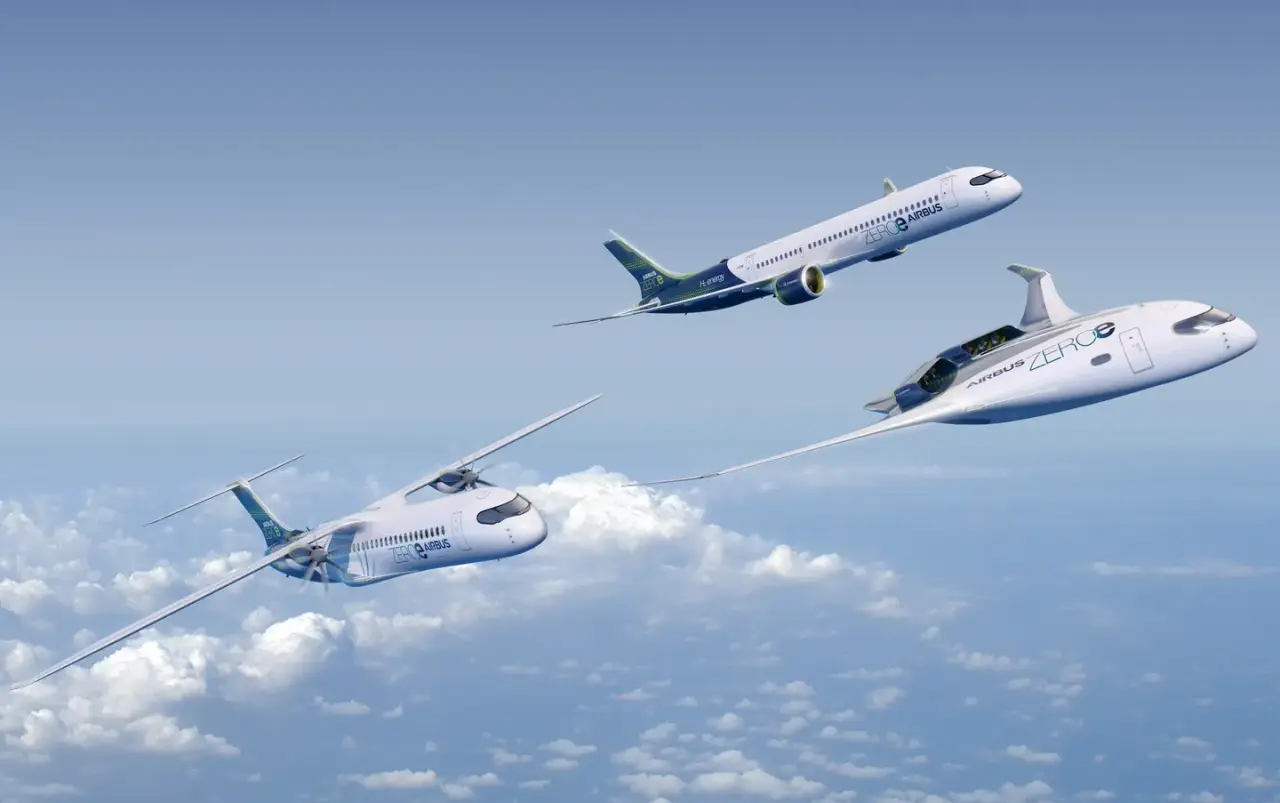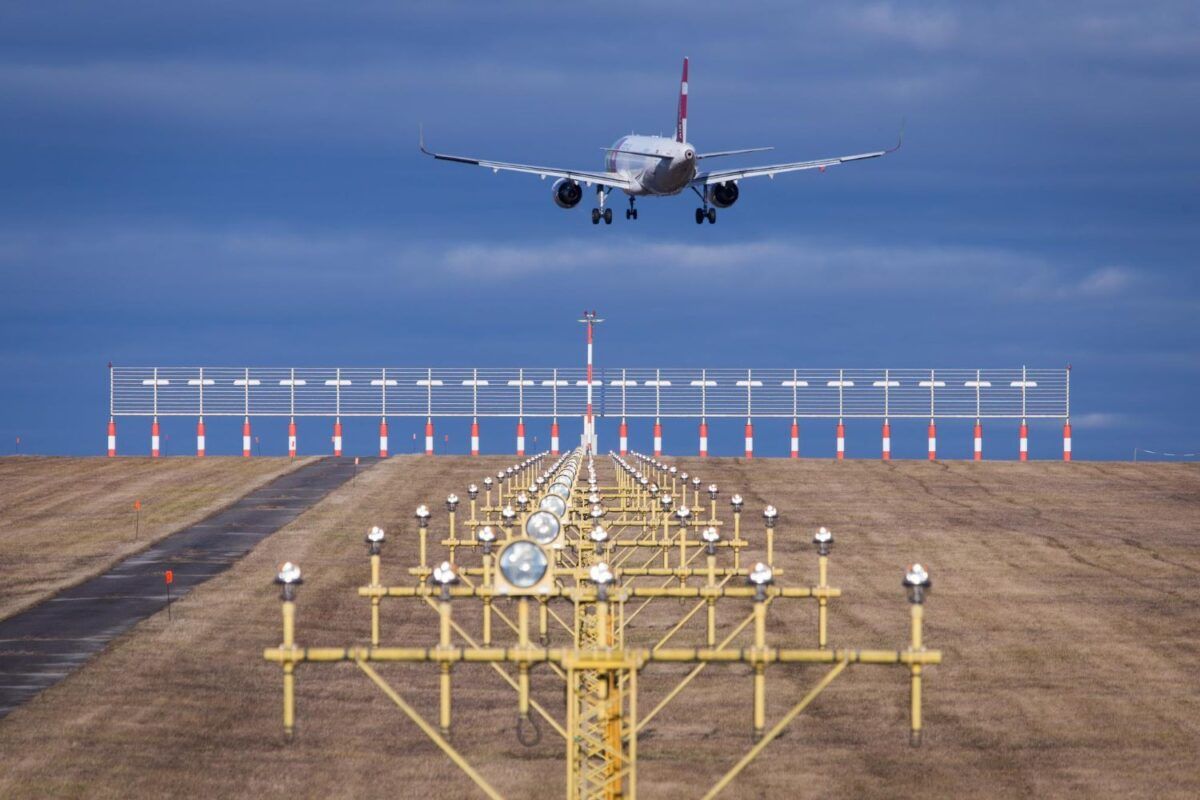The European Commission (EU) announced that it has conditionally approved the proposed acquisition of Asiana Airlines by Korean Air Lines after in-depth investigation.
The commission has looked into the merger that was announced in November 2020, amid concerns that it may restrict competition in the markets for passenger and cargo air transport services between the EU and South Korea. Bloomberg reported that the deal is worth about US$1.36 billion.
Korean Air is South Korea’s largest airline offering international air passenger and cargo services. Asiana, the second largest airline in South Korea, provides similar services. Both airlines have a significant presence in the European Economic Area.
Since January 2021, Korean Air has filed merger notifications to a total of 14 competition authorities. This leaves only the last approval from the US as 13 authorities have given their go-ahead.
“As the US approval is expected to finalise by the end of this year, we anticipate the fresh operation of a fully integrated airline by 2027, after a two-year integration process,” a Korean Air official told The Korean Herald
According to the Korea Herald, upon the merger of Korean Air and Asiana Airlines, industry watchers predict their ranking to reach within the top 15 globally for passenger traffic and within the top 10 in terms of cargo transportation. As of Q3 2023, Korean Air operated 156 aircraft, and Asiana Airlines operated 79 aircraft, totaling 235 aircraft for the potential merged entity. The number suggests its ability to compete with Air France, which operates 255 aircraft.
In order to finalise the merger agreement, Korean Air and Asiana Airlines must fulfill certain conditions primarily consisting of two elements: divestment of Asiana Airlines’ cargo freighter business, and providing support to ensure the entry by a new airline on the four overlapping passenger routes between Korea and the European Union (Seoul Incheon-Paris, Seoul Incheon-Rome, Seoul Incheon-Barcelona, and Seoul Incheon-Frankfurt).
For the implementation of the cargo commitments, both airlines will need to take several steps, such as appointing an advisory firm to oversee the divestment of Asiana Airlines’ cargo freighter business, as well as initiating the bidding process, and selecting a buyer of the cargo business.
The approval by the Commission of the selected buyer is required to close the airlines’ merger deal. Once Korean Air completes the acquisition of Asiana Airlines, the actual cargo divestment process will take place.
Under the passenger commitments, South Korean low cost airline T’way Air has been appointed as the “remedy taker” on the designated European passenger routes. Starting from H2 2024, T’way Air will gradually initiate operations on the four overlapping passenger routes (Paris, Rome, Barcelona and Frankfurt). Korean Air plans to provide comprehensive support to T’way Air.
Korea Herald reported that according to industry estimates, Korean Air, Asiana Airlines and Delta Air Lines collectively occupied over 80 percent of US routes at Incheon International Airport in 2023. Moreover, Korea’s Fair Trade Commission considers Korean Air and Delta Air Lines as a single combined operator when assessing antitrust concerns due to their joint operation of routes between the two countries, following the establishment of a joint venture in 2018.
United Airlines, which previously had a joint operation with Asiana Airlines, is reportedly opposing the merger due to concerns on competitiveness issues on the routes.
Potentially resolving the matter through additional plans to sell off partial slots is not an unfamiliar prospect for Korean Air. Before EU’s approval, Japan, the United Kingdom and China had also requested corrective measures due to monopoly concerns before granting their approvals.
Korean Air submitted plans to divest seven slots bound for Japan and eight slots to China, to be transferred to low-cost airlines, provided they are willing to operate them. Seven slots per week at London Heathrow Airport are to be allocated to Virgin Atlantic in the UK.
After obtaining approval from US authorities, both airlines must address critical tasks still lingering, including minimising passenger inconvenience and seamlessly resolving the transfer of services like existing airline mileage points, as told by the Korean Air official.

